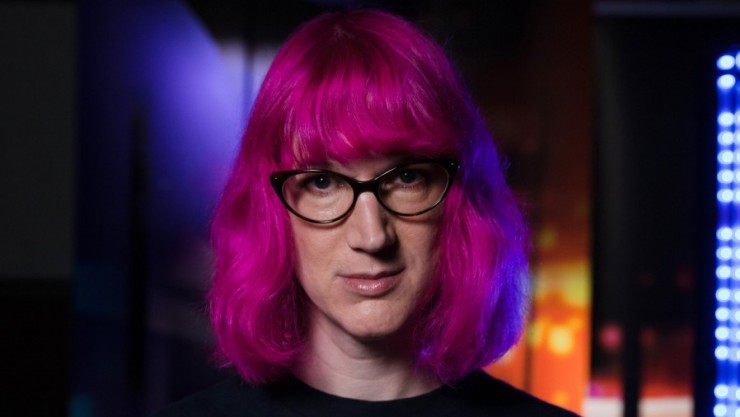If Charlie Jane Anders were a magical spell she would require one eye of intersectional feminism, a dash of twice-blessed water from the ocean on Europa, and a fresh slice of pop culture cake, topped off with an elaborate wrist flick at the end. Nothing less would seem capable of encompassing a person who serves as managing editor of io9, hosts an award-winning reading series, and writes Hugo-winning short stories all in a day’s time. And since her first novel from Tor Books, All the Birds in the Sky, is slated for release in January 2016, there’s no time like the present to become better acquainted with her short fiction.
Check below the cut for a thoughtful look at memory entanglement, alien caste systems, and clairvoyants in love.
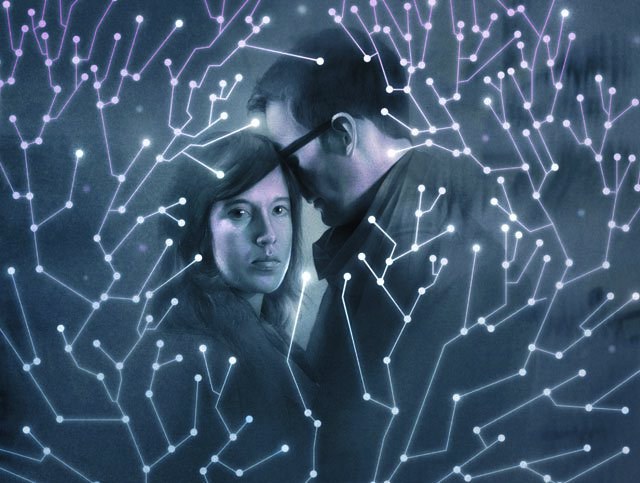
As a reader, I’ll follow a strong voice into the heart of a black hole long before I fall for a neat plot twist, because if there’s anything worth being atomically dismantled for, it’s a story with meaningful prose. So from the very first sentence of Anders’ Hugo-award winning “Six Months, Three Days,” I was intrigued. “The man who can see the future has a date with the woman who can see many possible futures…” There’s a kind of deceptive simplicity there, at once telling you everything you need to know while also making you curious enough to keep reading.
What follows is the love story between a skeptic and an optimist and their own self-fulfilling prophecies. And while Anders’ work sometimes leans toward the literary, it still retains a magical quality in its prose. You feel as though things are possible in this world that seem less possible outside of it, things like cocktails made of “ten kinds of darkness” or long walks by canals where they set the water on fire, or love that can survive anything, even the rough and fumbling hands of humans.
Not only did this story win the Hugo for best novelette in 2012, but reception for “Six Months, Three Days” was so strong that NBC optioned the story for a television series, so you’ll get a chance to watch a new interpretation of Anders’ work on the small screen soon.
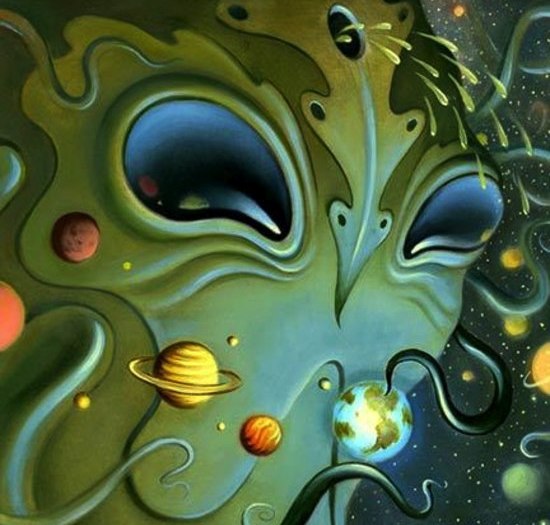
The complicated nature of relationships, like the one between the clairvoyants Judy and Doug, are at the heart of Anders’ work. Many of her stories are driven by the ups-and-downs of its characters, how they relate to one another, how they come together, and often inevitably, how they fall apart. These relationships are the undercurrent, always there to add weight or tension, but never overpowering the narrative. Because of that balance we get both the grand complications of the world alongside the smaller complications of the people living in that world.
This can be seen at work in “The Fermi Paradox is Our Business Model.” In it, Anders introduces Jon and Toku, members of an alien species who are traveling across the cosmos, spending most of their time in cryogenic sleep and awakened only when their ship encounters a certain kind of planetary signature. In this case, the story of the fate of the entire human race shares the screen with the romance between Jon and Roku. Instead of trivializing either element, there seems to be a hopeful message in this juxtaposition that recurs in Anders other stories. The message? That even the smallest things–and truly there are few things smaller than people, no matter their species–are also grand things. That a single love story can be just as important, just as intense or beautiful or strange as interstellar travel, as the fate of a species, as all the cosmos.
And these relationships aren’t always romantic, either, as is the case between Mary and Stacia in “The Unfathomable Sisterhood of Ick,” which first appeared in Lightspeed’s 2014 Women Destroy Science Fiction! issue and was reprinted on Tor.com as well. When Mary’s boyfriend ends their relationship, Stacia convinces Mary that her ex owes her something that is important not just to him, but to Mary and her future relationships: his memories. But when Mary goes through with the plan and convinces her ex to extract his memories of falling in love with Mary, things take a strange turn. The rest of the story blurs the line between friendship and obsession and asks the readers to consider the nature of love as a biochemical reaction and as something more ephemeral and, sometimes, more dangerous.
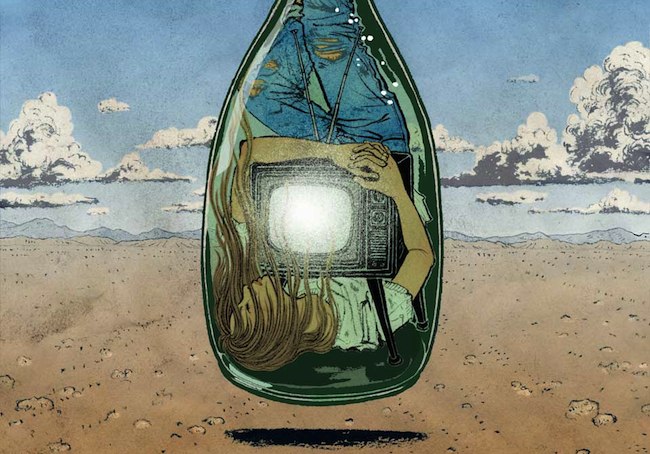
In an interview with Fantasy & Science Fiction, Anders spoke about her love for genre mash-ups, seeing them as a way to inject “new blood” into old storylines in order to avoid the pitfalls of well-used tropes. Just because one kind of story has worked in the past doesn’t mean it’s the only way to tell that story. The tweaking that Anders gives to the old guard often comes in the form of intriguing ideas. Many of her stories seem to begin with elaborate what-if scenarios. One can almost imagine her sipping a Bloody Mary while sitting on a grand piano overlooking a vast city, musing aloud to her pet panther: what would happen if the only person left on earth found a genie in a bottle?
Then Anders answers her own question by writing “As Good As New.” Not only does Anders destroy the world and leave a college-aged playwright as its last inhabitant, but she makes the genie an ex-critic with a sour demeanor. Add in a few dozen reruns of “The Facts of Life,” and you have a story that combines post-apocalyptic fiction with fantasy and humor in a way that is utterly charming, while also engaging the age-old adage “be careful what you wish for” in a way that feels fresh.
Anders also updates genre tropes by refusing to be bound by any normative system. If science fiction is meant to dream up incredible new futures, then it seems strange that each of those futures would look so much like our own present, with the same oppressive systems of power, the same generic binary identification of things like sexuality or gender. Anders shows that inclusivity can be built into the story itself in “Love Might Be Too Strong a Word,” published in Lady Churchill’s Rosebud Wristlet.
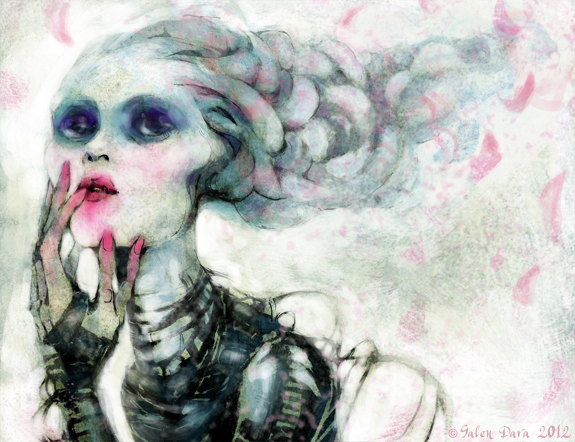
The main character, Mab, is one of many aliens on a spaceship en route to a new world. On this ship, sexuality is not linked to reproduction, but instead helps determine social roles. This system is complicated when one of the upper-class “pilots” begins professing his undying love for Mab in increasingly dramatic ways. The story contains six different sexes, all with unique pronouns, and each of them is stuck within their caste with no hope of upward mobility. The only solace comes in the fact that each one is doing their part for the greater good of the whole, although Mab finds out that even that truth isn’t infallible.
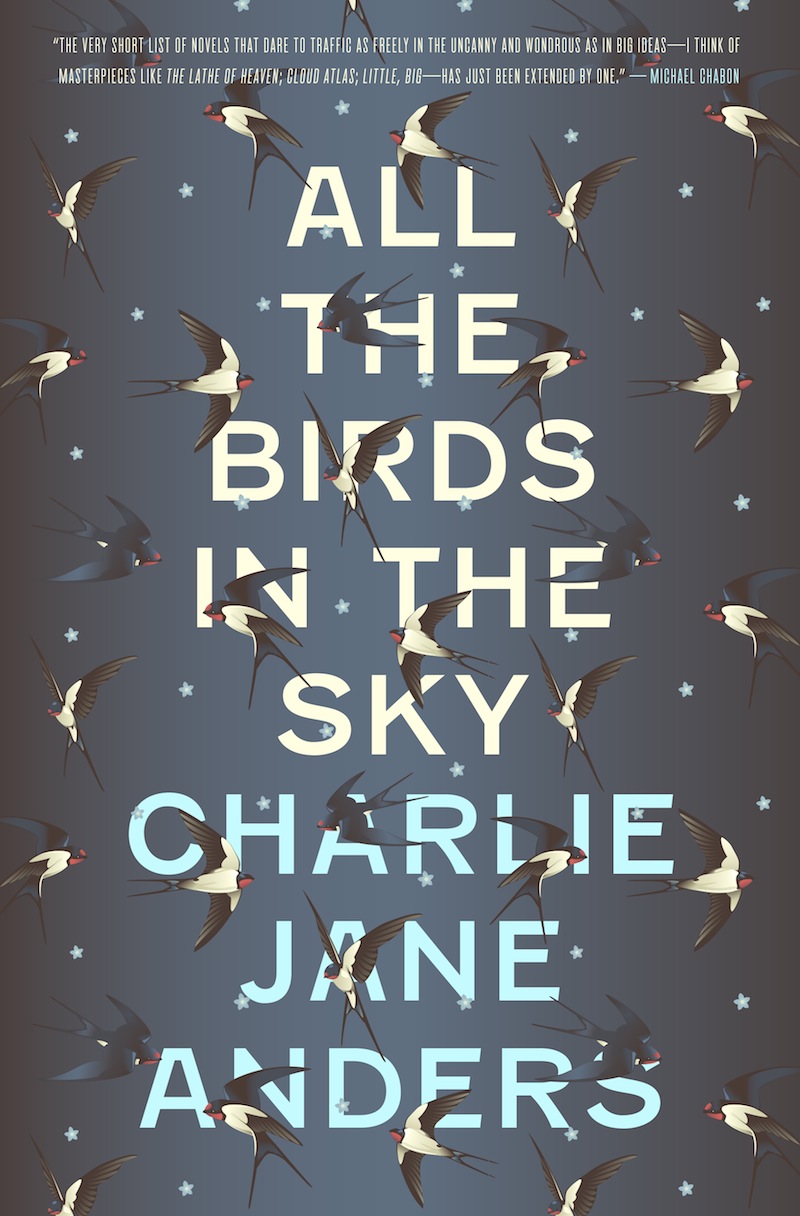 We only have a few months to wait for Anders’ new offering, All the Birds in the Sky, which is described as a blending of literary fantasy and science fiction. It tells the story of the decades-long, on-and-off romance between a sorceress and a computer genius, beginning in childhood and proceeding against a background of increasingly catastrophic climate change. You can read the first four chapters right now, or trust editor Patrick Nielsen Hayden’s assessment of the novel:
We only have a few months to wait for Anders’ new offering, All the Birds in the Sky, which is described as a blending of literary fantasy and science fiction. It tells the story of the decades-long, on-and-off romance between a sorceress and a computer genius, beginning in childhood and proceeding against a background of increasingly catastrophic climate change. You can read the first four chapters right now, or trust editor Patrick Nielsen Hayden’s assessment of the novel:
“It’s great. It’s a science fiction and fantasy novel. It’s about magic and technology and the great myths that try to control us and the small ways we fight free. It’s not like anything else. As a friend of mine who read it said, ‘I suddenly realized I was reading a kind of storytelling that’s younger than I am.’”
I think it’s safe to expect the same mix of broad scope and attention to emotional detail from Anders’ novel as we’ve seen in her short stories, and that no matter what she’s working on, she’ll find a way to make it wonderfully weird.
Ashley Mullins is an MFA candidate, a chronic spreadsheet abuser, and a slush reader for Tor.com. You can usually find her talking about writing and Jovian moons on her Twitter.










